|
|
|
Editor's note
|
|
Nau mai, haere mai and welcome to your newsletter - and to almost the end of week three of the level 4 lockdown.
Later this week, we’ll find out more detail about how and when New Zealand will begin to move out of level 4. The Prime Minister has already described level 3 as a “waiting room”, implying that only some businesses will reopen and activities will remain constricted.
Jacinda Ardern’s decisiveness in handling the COVID-19 crisis has earned plaudits here and internationally and, as Massey University politics expert Richard Shaw writes, trust in government is high. He explores what this means for the relationship between the state and the economy and looks ahead to how this may play out come the elections, currently set for September 19.
The longer lockdown conditions continue, the more difficult it gets for people to stick to the rules. Dougal Sutherland, a clinical psychologist at Te Herenga Waka — Victoria University of Wellington, writes that fear is one of the central emotional responses during a pandemic and up to this point, most people have complied with the rules out of fear of becoming infected. But as time passes, people’s resolution may begin to fray.
And as we’ve all moved our work and socialising online, AUT lecturers Cassandra Mudgway and Kate Jones ask whether existing online safety measures are enough to deal with an expected surge in harassment and abuse.
From this week, we’ll also return to the Climate Explained series, providing expert answers to readers’ questions about climate change. First up, Nilesh Bakshi and Maibritt Pedersen Zari, both at Te Herenga Waka — Victoria University of Wellington, explain how white roofs and whitewashed facades help to soak up heat from the sun.
Many thanks for reading. You’ll find a lot more interesting stories on The Conversation’s New Zealand page. Stay well, stay home and take care - noho ora mai.
|
Veronika Meduna
New Zealand Editor
|

|
|
Top stories
|
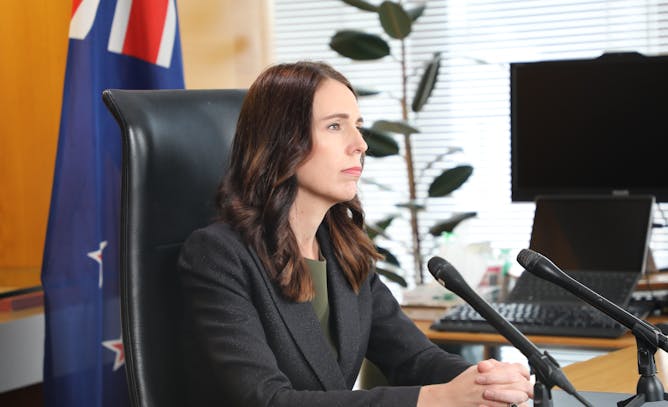
AAP/Supplied
Richard Shaw, Massey University
Ardern's handling of the COVID-19 crisis has inspired high trust in the state but by the time the country goes to the polls later this year, the outbreak's social and economic damage may change that.
|
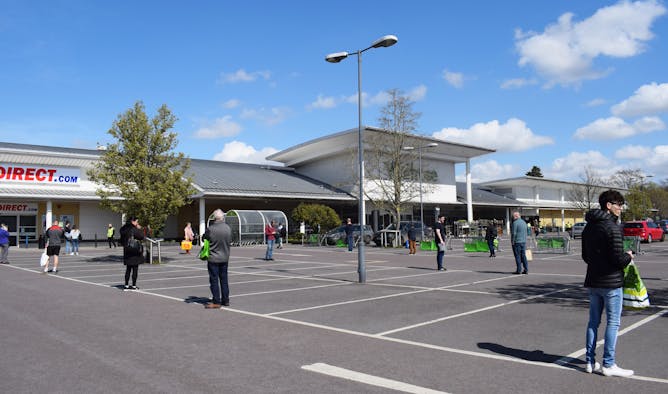
Shutterstock
Dougal Sutherland, Te Herenga Waka — Victoria University of Wellington
Fear is a central emotional response during a pandemic and it's why most people have complied with lockdown conditions. But as anxiety eases and boredom sets in, people's resolution may fray.
|
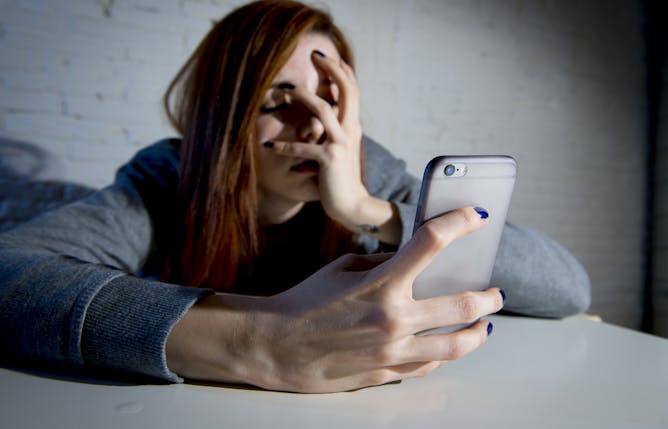
Shutterstock
Cassandra Mudgway, Auckland University of Technology; Kate Jones, Auckland University of Technology
During the COVID-19 pandemic, online platforms might seem to be safer places to work and socialise, but online abuse is expected to rise – and women are at a higher risk.
|
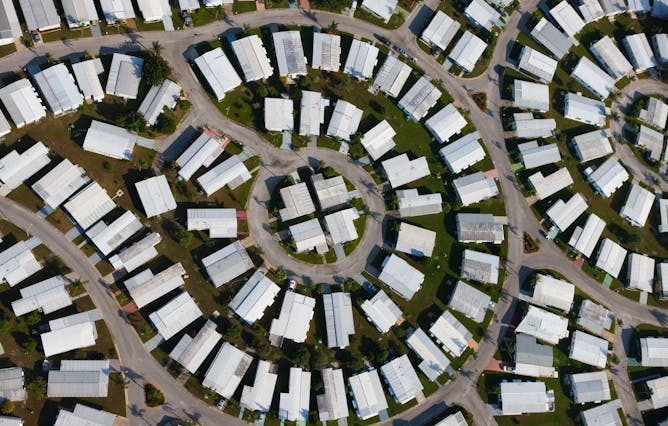
www.shutterstock.com
Nilesh Bakshi, Te Herenga Waka — Victoria University of Wellington; Maibritt Pedersen Zari, Te Herenga Waka — Victoria University of Wellington
Buildings soak up the sun's heat, but research shows that white roofs and surfaces can reduce temperatures inside, particularly during heat waves.
|
From The Conversation's international editions
|
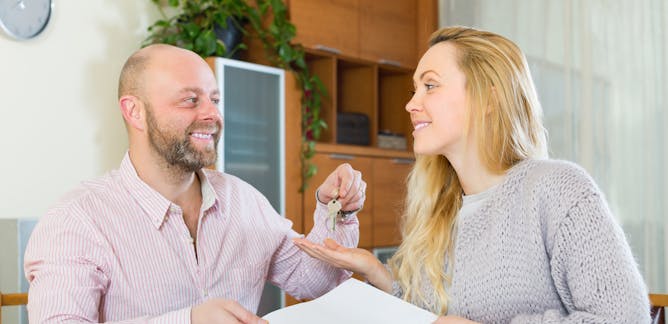
Emma Baker, University of Adelaide; Rebecca Bentley, University of Melbourne
Many want to do the right thing – tenants and landlords alike. But they lack guidance on how to go about it while still keeping their own heads above water.
| |
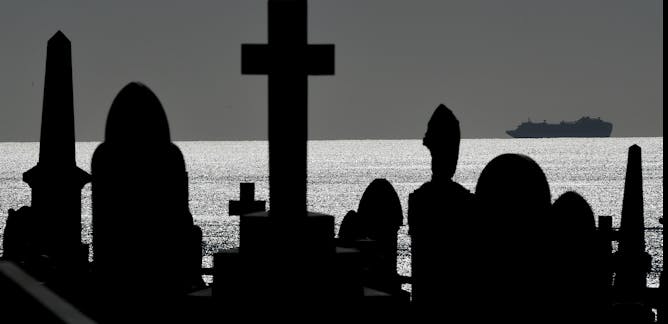
Freya Higgins-Desbiolles, University of South Australia
The same business model that has enabled the cruise industry to prosper could also spell its demise.
|
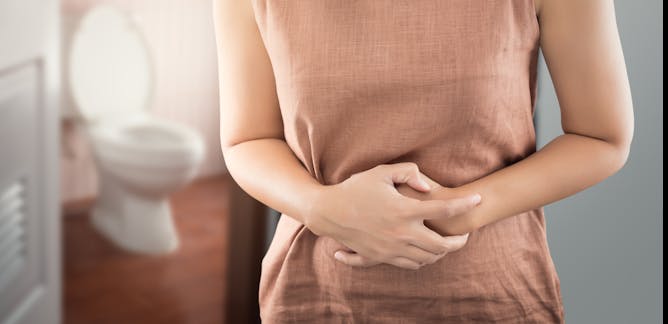
Vincent Ho, Western Sydney University
Science continues to suggest a link between coronavirus and the gut. We know people with COVID-19 can experience gastrointestinal symptoms. But can the illness spread through faeces?
| |
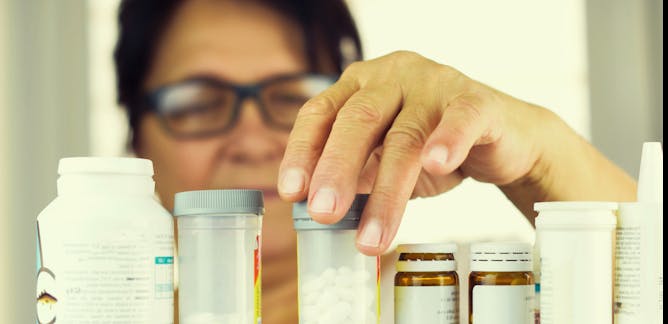
Sarah Jones, Monash University; Fabien B. Vincent, Monash University
Some people's immune systems aren't able to stop foreign invaders, such as COVID-19, as well as the rest of the population. There are many reasons for this, including illness, medications and age.
|
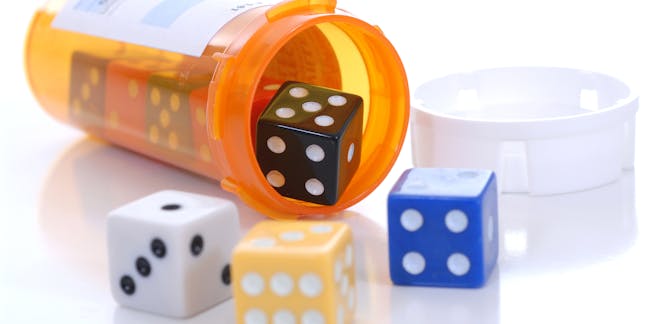
Daniel N. Rockmore, Dartmouth College; Michael Herron, Dartmouth College
Researchers and public health officials still don't know how widespread nor how deadly the coronavirus really is. Random testing is a way to quickly and easily learn this important information.
| |
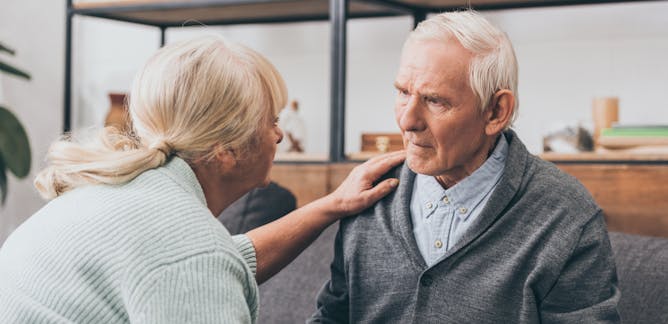
Ivan Koychev, University of Oxford
We now have the technology to identify people who are on a fast track to developing dementia.
|
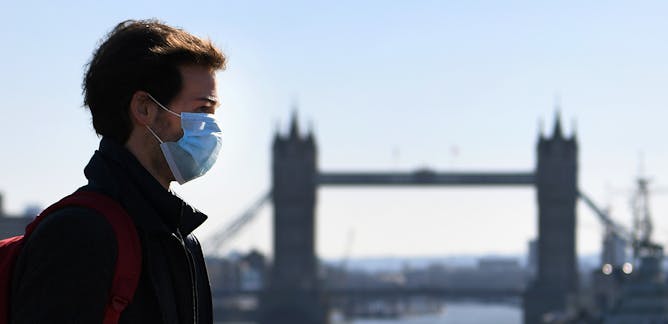
Jeremy Rossman, University of Kent
Only time will tell.
| |
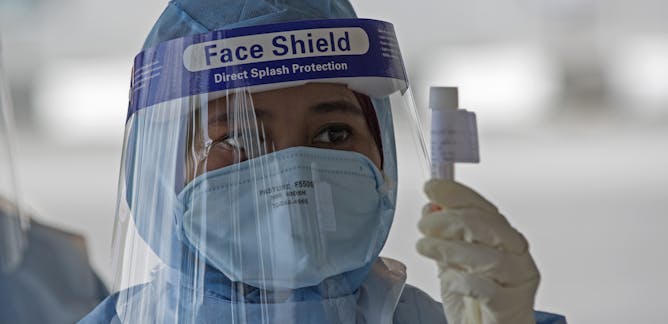
Jonatan A Lassa, Charles Darwin University; Miranda Booth, Charles Darwin University
Populist leaders can be a liability. Their optimistic bias and complacency, ambiguity, and ignorance of science undermine crisis management and put all at risk.
|
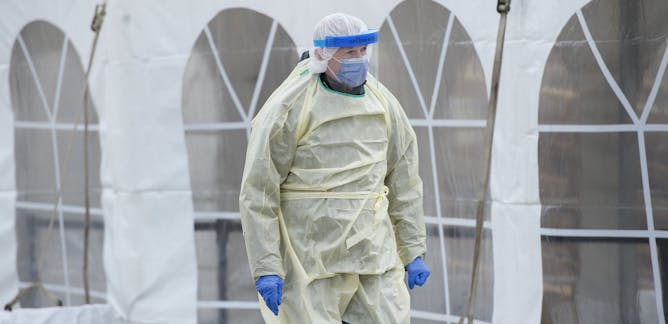
Jocelyn Downie, Dalhousie University
If COVID-19 causes a ventilator shortage in hospitals, triage protocols will dictate who gets life-saving treatment. Health-care workers need protection from liability for following those protocols.
| |
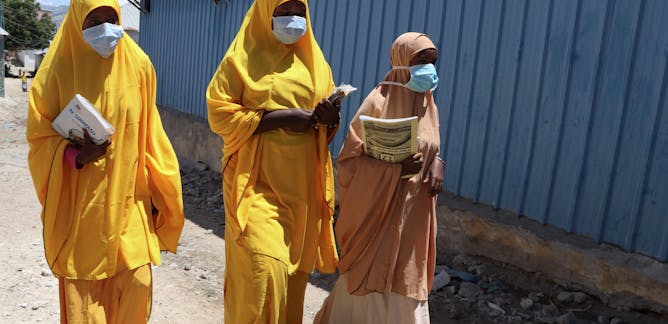
Neelaveni Padayachee, University of the Witwatersrand; Lisa Claire du Toit, University of the Witwatersrand
Some of the false claims about coronavirus may be harmless. But others can be potentially dangerous.
|
|
|
| |
| |
| |
| |
| |
| |
|
|
|
|
|
|
|